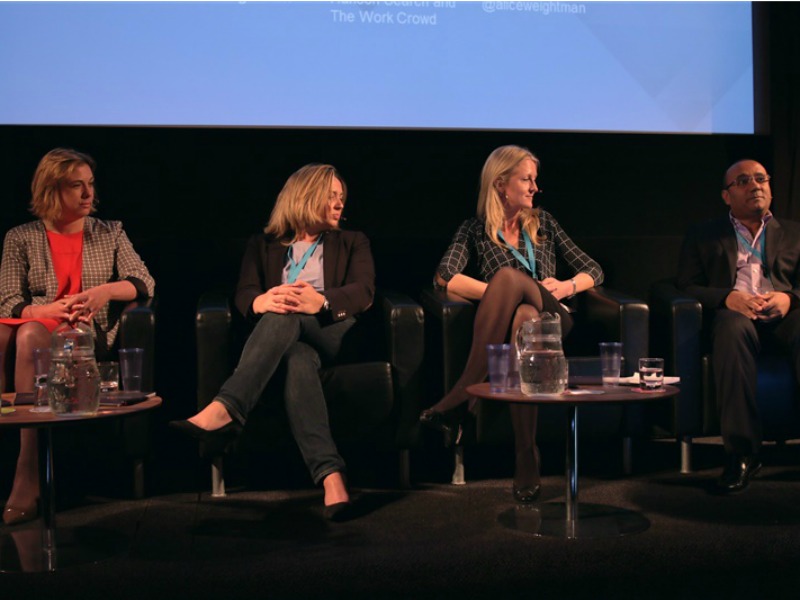Arun Sudhaman 20 May 2015 // 7:27PM GMT

LONDON—The public relations industry needs to work harder to promote its value and benefit to a much broader range of young talent if it hopes to play a more central brand-building role, delegates heard at Tuesday's In2 Innovation Summit in London.
A panel comprised of senior executives from a variety of disciplines — including PR firm, in-house, ad agency and recruitment consultancy — discussed why the PR world struggles to attract the best and brightest talent, particularly in terms of the evolving skillsets that are required.
TBWA/London chief strategic officer Amelia Torode noted that PR people's understanding of "topicality" is a specific strength in today's "brilliantly blurry world", but also warned that they sometimes lack a "centre of gravity."
"PR people are still just brilliant generalists and I’m not sure where to fit them," said Torode.
Telefonica/O2 UK director of communications and reputation Nicola Green pointed out that the PR industry's role within the wider business world is often downplayed to its detriment, at the expense of more proactive marketers.
That point was echoed by Hanson Search founder Alice Weightman, who said the PR industry must do a better job of educating prospective applicants — often millenials that are in high demand from a much larger set of competitors — about the "broader context" of public relations work.
"The smart businesses are looking at new ways to attract talent," said Weightman. "So it’s not just an online application form — it’s reaching out to a wider audience through the use of social media. Businesses are fighting over them, and Apple,Google, and Amazon are hoovering up talent."
The recruitment strategy should also reflect the interests and demographics of the talent in question. "For us, we found out the best way is to understand the talent you’re trying to target and put in front of them the same kind of talent," said TRACCS founder and CEO Mohamed Al-Ayed. "People identify with people, and the young audience don’t identify with successful mid-career execs. There’s a big psychological factor — it has to be a strategic imperative to recruit, psychologically, the talent you want."
The conversation also considered the need to diversify PR industry talent. "There is a huge issue," said Weightman. "The only way we can overcome this at the grassroots. Role-modelling encouraging lots of other people. It’s not just going after people post-university — it’s a long-term investment and long-term commitment."
That may require a looser approach to managing millennials, with Green advising delegates to "let them be who they want to be, and help them define their personal brand". That might mean less conformity with business etiquette, a willingness to let them experiment, and an attitude that considers non-graduate talent with specialist skills.
"I get advice and counsel from an 18-year-old person who didn’t go to university," said Green. "We have to look everywhere — getting that diversity really does help you push boundaries."
Diversification also applies to gender, particularly in light of damning evidence about representation at the top levels. "The PR industry is haemorrhaging a huge amount of senior female talent and is not yet flexible enough," said Paul Holmes, who moderated the session.


































.jpg)

















